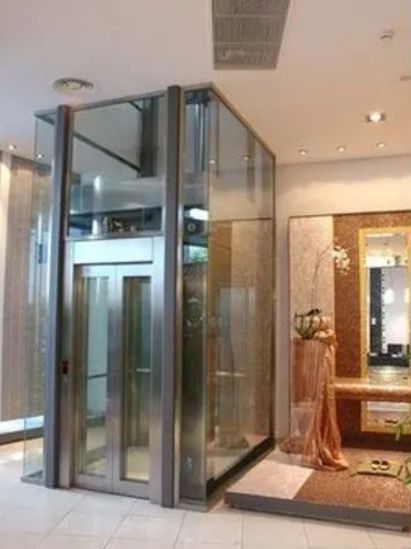In Stock
Elevator Prices in Nigeria
Elevators in Nigeria are essential for residential, commercial, and industrial buildings, improving accessibility and convenience. The cost depends on factors such as type, installation requirements, building modifications, and maintenance needs. Choosing the right elevator involves considering space, energy efficiency, and long-term durability to ensure smooth and safe operation.
Elevators have become a necessity in modern buildings across Nigeria, enhancing mobility, accessibility, and efficiency. Whether for residential, commercial, or industrial use, elevators contribute significantly to the convenience of multi-story structures. The cost of elevators in Nigeria depends on multiple factors, including the type of elevator, installation requirements, and maintenance needs.
Types of Elevators in Nigeria
There are different types of elevators available in Nigeria, each designed to cater to specific needs. Traction elevators are one of the most common types and operate using steel ropes and counterweights, making them efficient for mid-rise and high-rise buildings. Hydraulic elevators function through a fluid-driven piston system and are typically used in low-rise buildings due to their smooth operation. Pneumatic elevators, which use air pressure for movement, are compact and modern, making them ideal for residential buildings with space constraints. Machine-room-less (MRL) elevators are another advanced option, eliminating the need for a separate machine room and optimizing space utilization. Each type has unique installation requirements and operational efficiencies.
Factors Affecting Elevator Costs
Several factors influence the cost of purchasing and installing an elevator in Nigeria. The type of elevator plays a significant role, as technologically advanced or customized designs often require higher investments. The number of floors the elevator will serve directly affects its specifications and installation complexity. Buildings not originally designed for elevators may require extensive structural modifications, which impact the overall cost. Labor and engineering costs also contribute to expenses, as skilled professionals must handle installation, electrical wiring, and safety system integration. Additional factors such as customization, brand, and location can also affect the final cost.
Installation Process and Structural Requirements
The installation of an elevator follows a structured process that includes site assessment, planning, and execution. Engineers and contractors evaluate the available space and determine the best location for the elevator shaft. In new buildings, elevators can be integrated into the architectural design, making installation easier. However, in existing buildings, modifications may be required to create the necessary space. The installation process involves assembling the elevator system, installing guide rails, setting up the motor and control system, and integrating safety features. The complexity of this process varies based on the type of elevator and the building structure.
Maintenance and Long-Term Considerations
After installation, regular maintenance is essential to ensure the elevator functions smoothly and safely. Routine inspections help identify and fix mechanical issues before they lead to malfunctions. Maintenance services typically include checking the motor, lubricating moving parts, and testing emergency safety mechanisms. Hydraulic elevators may require periodic fluid changes, while traction elevators need frequent inspections of the steel ropes and counterweights. Investing in proper maintenance ensures durability, efficiency, and long-term reliability.






Reviews
There are no reviews yet.